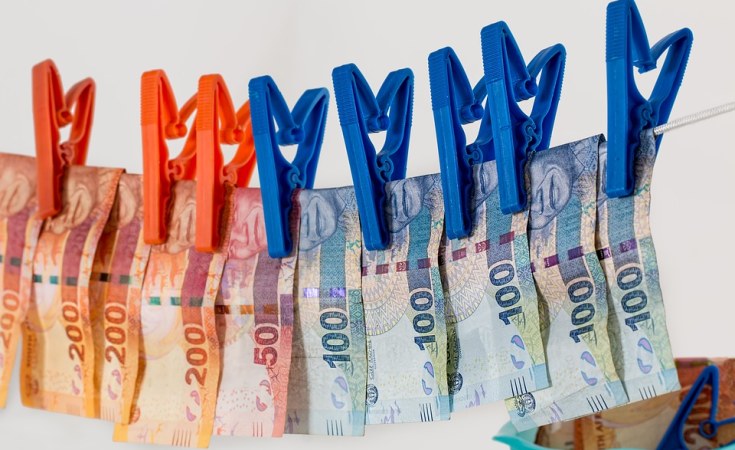South Africans endorse taxation, say it is fair to tax the rich at higher rates to support the poor
Key findings
- Two-thirds (65%) of South Africans said tax authorities always have the right to enforce taxes.
- Only half (50%) said Parliament should hold the president accountable for how the government spends taxpayers' money.
- One in three citizens (33%) said "most" or "all" tax officials are involved in corruption.
- Majorities concurred that it is difficult to find out what taxes they owe (53%) and how the government uses tax revenues (69%).
- Views on taxation levels were mixed: Four in 10 citizens (40%) said ordinary people pay too much, while only 22% said the same about the wealthy.
A decade ago, then-Minister of Finance Pravin Gordhan established the Davis Tax Committee to evaluate the feasibility of a wealth tax in South Africa, a contentious issue that has been debated nationally and globally (Reuters, 2017). Following the devastating effects of the COVID-19 pandemic, and amid talk of introducing a basic income grant, the idea of a wealth tax for South Africa has re-emerged (BusinessTech, 2022).
The proposition comes at a time when the country is facing multiple overlapping crises: an ailing economy, persistent unemployment, skyrocketing costs of living, climate disasters, crime, corruption, unending protests, and an energy crisis that is severely constraining growth (Suttner, 2022; Smit, 2023).
A study by the Southern Centre for Inequality Studies at the University of the Witwatersrand indicates that just 3,500 individuals are in possession of 15% of the country's wealth; the top 1% own 55% of the nation's wealth, while 50% of the population live from hand to mouth, with virtually no savings cushion (Chatterjee, Gethin, Czajka, 2023; Gedye, 2021). A report released by the World Inequality Lab details the same facts, arguing that "asset allocations before 1993 still continue to shape wealth inequality" (Chatterjee, Czajka, & Gethin, 2021; Sguazzin, 2021).
While some argue that taxes are already high enough for the most affluent (Vabaza, 2021; Cohen, 2021), others see the introduction of a progressive wealth tax as a viable policy measure to curb extreme wealth inequality and to expand the government's revenue base to ensure fiscal sustainability. Distinct from taxes levied on income, a wealth tax could generate between R70 billion and R160 billion a year, equal to 1.5%-3.5% of gross domestic product (Woolard, 2019; Chatterjee, Czajka, & Gethin, 2021).
What are South Africans' attitudes regarding the legitimacy and fairness of their tax system?
The latest Afrobarometer survey data, collected in 2021, show that most citizens endorse their government's right to collect taxes, but many said it is difficult to find out what taxes they owe and how the government uses tax revenues.
Majorities also said it is fair to tax the rich at higher rates to support the poor, and they expressed opposition to imposing taxes on the informal sector. While many said they believe tax avoidance is common, majorities also indicated they would be willing to pay higher taxes in exchange for more government services and in support of programmes to help young people.
Asafika Mpako Asafikais the communications coordinator for Southern Africa
Mikhail Moosa Mikhail Moosa is a researcher.


